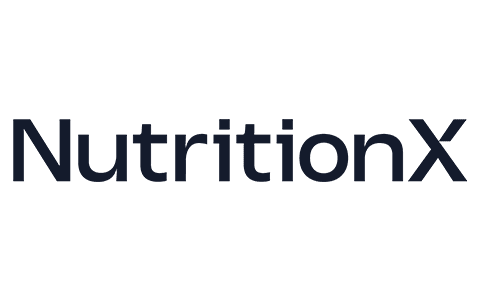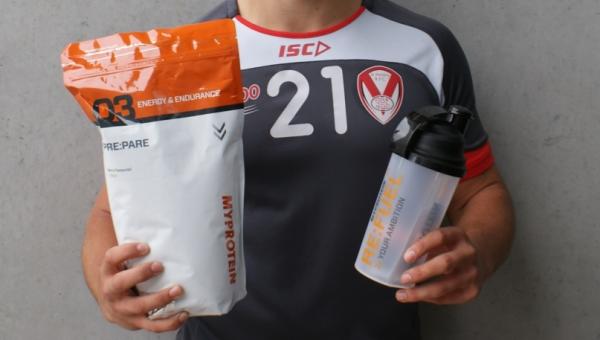
STEPHEN Mann MSc writes about the Importance of Recovery for Rugby League players….
Generally, most rugby players tend to be pretty clued-up on the nutritional requirements to prepare for training and competitive matches although the importance of recovery is sometimes overlooked.
In order to reach optimal performance, it is important that the player must recover effectively from both training and competitive games and nutritional intake before, during and immediately after a work-out is imperative for this.
Without adequate refuelling between training sessions, the capacity to maintain daily training intensities and volumes can be impaired, and if this is practised long-term, it can lead to fatigue, over-training, illness, burn-out or injury.
From a nutritional perspective, recovery takes on three main goals, often referred to as the 3 “R’s”, these include:
- Replenish – achieved by high Glycemic Index (GI) carbohydrate intake.
- Rehydrate – by consuming electrolyte containing drinks.
- Repair – intake of high quality, easily digestible protein.
It is vital that recovery should begin within the hour after the session, as this is when the muscle is most receptive in taking in nutrients.
This window of opportunity is where enzymes and transporters in the muscle are more active and therefore the muscles will act like a sponge to take on these nutrients and failing to do this may affect overall recovery by up to 50%.
Therefore, as soon as that final whistle signals or the coach calls for the end of training it will be the player’s first port of call to get these key nutrients on board.
How to Recover?
It is high quality and rapidly digestible protein sources (such as Impact Whey Protein) that contain the building blocks to promote muscle repair, re-conditioning and reduce muscle soreness that is experienced after an intense training session or match.
Recovery also takes place in the subsequent hours and days after a match and for this reason, a typical rugby league player’s diet should consist of high protein based meals throughout a regular day coming mainly from lean meat, fish, dairy, and perhaps one or two additional supplements (such as whey and casein).
A typical rugby player should be aiming to consume around 1.4-2g per kg of body weight or 20-30g every 2-3hours. For example, a 100kg player should consume between 140-200g of protein a day. Protein intake (~20g) either side of training is also important to stimulate muscle protein synthesis.
A rugby player’s diet should typically consist of low-med GI carbohydrates throughout the day and on rest days and then high GI types of foods (e.g. Dextrose or Maltodextrin) should be incorporated post work-out to maximise muscle glycogen replenishment. 1g per kg of body weight per hour is recommended every hour for three hours following an intense workout.
This can come in the form of energy drinks, gels, powders or food, but convenience will usually take the main priority for the player. It is also important to note that if the player’s goal is to reduce body fat levels at a particular stage in the season, then his or her carbohydrate intake should perhaps be reduced to increase subsequent fat utilisation.
Take Home Message
In summary, to ensure that a rugby player always gets the best from their training they should pay particular attention to their nutritional strategies as soon as they walk off the pitch after a game or training session.
A blend of high GI carbohydrate (replenish), rapidly digestible protein (repair), fluid and electrolytes (rehydrate), consumed immediately within the hour after finishing exercise will help to optimise overall recovery and improve performance.
Finally, the use of supplements can be a practical way of achieving this – two products that tick all the boxes and contain all of the essential ingredients would be Myprotein’s Recovery XS or Hurricane XS
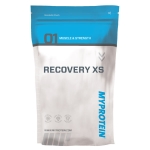 | 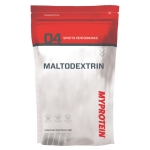 | 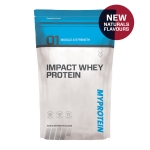 |
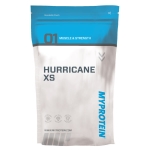 | 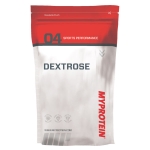 |






























